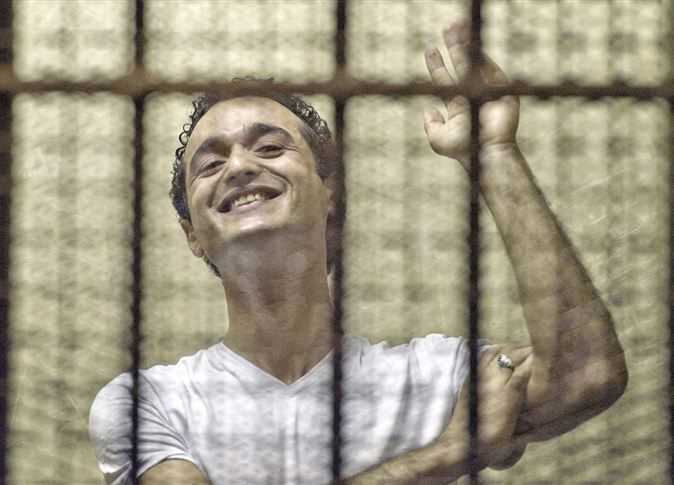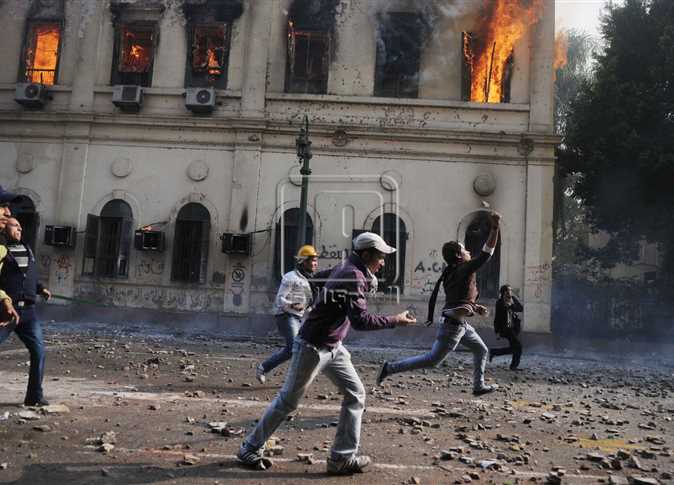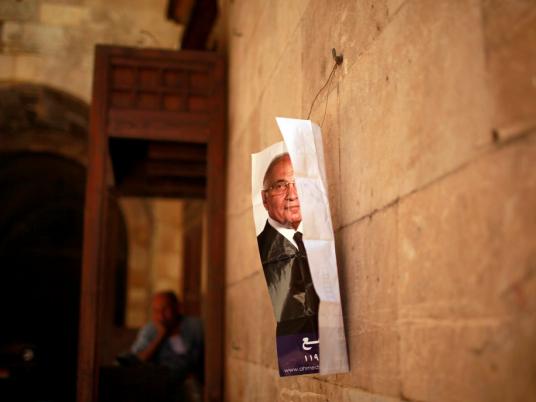As 2011 draws to a close an entire population takes a breath — thankful to have made it through one of the roughest years of this generation. For those of us who can say we made it, 2011 holds a lot of love, hope, fear, sadness and a growing passion for freedom. On a lighter note … you know you lived though the Egyptian revolution if…
1. You now (and only now) know which political party you support.
2. Coffee and dinner conversation, which used to revolve around gossip, is now likely to hit politics within the first 15 minutes.
3. You can categorize your friends into either revolutionaries, feloul (sympathetic or associated with old regime) or hezb al-kanaba (“couch party” or silent majority).
4. You’ve voted and chances are you queued for a long time before casting your ballot.
5. Twitter is your new Facebook. While you can share personal woes and revolution concerns with famous tweeps, you’ve blocked most of your Facebook friends for being too feloul-ish.
6. You boycott state TV, consider them traitors, and watch more talk shows hosting Sandmonkey, Alaa Abd El Fattah and Nawara Negm.
7. You have been introduced to new social and political figures such as Wael Ghoneim, Amr Hamzawy and Yousry Fouda.
8. You know the name Tawfiq Okasha — enough said.
9. You’ve heard of the term “Nasbook” — thanks to TV host Hala Sarhan who used it as a title for her new nightly show.
10. You’ve watched many find fame, social recognition and respect, and seen the spotlight dim on others for certain liaisons with the fallen regime, including renowned TV hosts and Tamer Hosni, pop star of a generation, whose weepy video after revolutionaries kicked him out of Tahrir Square during the 18-day uprising lost him most of his shine.
11. Two groups you’d never heard of before have come out of the woodwork and now are referred to constantly: the baltageya (“thugs”) and the Salafis.
12. Even food taboos have surfaced: KFC came to symbolize the old regime as it tried to survive its last battle with the revolutionaries by alleging that the protesters were funded and fed KFC by “foreign hands.” KFC published a newspaper ad denying any cooperation with the former government.
13. Even more new terms were introduced in our day-to-day conversations: as wel as feloul and hezb al-kanaba, there was agendat kharegaya (“foreign agendas”), qella mondassa (“subversive minority”), onsor thaleth (“third agent”), ayadi khafeya (“hidden hands”), legan shaabeya (“popular committees”), agalit al-intag (“production wheel”) and Molotov cocktails.
14. Any mass mobile phone network failure brings back memories of a total media blackout during the 18-day uprising and you now remember the value of your landline.
15. You know what it means to defend your street, since the security apparatus has periodically refrained from doing its job.
16. You carry at least one weapon on you at all times, a stun gun or a pepper spray canister, if not a BB gun.
17. You know what tear gas is and that washing your face with Pepsi and washing your eyes with vinegar will help.
18. You’ve used the Imbaba Bridge and you’ve driven the wrong way up the Garden City corniche.
19. You know what it’s like to party from 8:00 until 11:00 pm to make it home by curfew.
20. If you live in downtown, Mounira or Garden City, then probably you haven’t had a good night sleep in months...
21. You now know exactly what the flag looks like, what it used to look like and what it should look like based on Cairo’s graffiti artists — the flag may also be on some of your T-shirts, bracelets, stickers on your car…
22. You own bumper stickers — Proud to be Egyptian, the cross and crescent, No to Militiary Trials of Civilians, and NOSCAF.
23. While the police force barely earns your attention, you have strong feelings about the ruling Supreme Council of the Armed Forces for the failures of the transition.
24. You are left to wonder: Who is that third invisible hand that the authorities allege are behind every incident of violence since the revolution erupted?
25. Most importantly, you value your freedom and dare to dream a bit more often.



